Everywhere you go, people are complaining about it, people are not happy. The issue is the cost of cooking gas in the country. The question on people’s lips is, ‘why is the price of cooking gas in Nigeria rising?’
Judging by current production volume, Nigeria is the world’s 11th largest producer of crude oil. It is to be expected that such a country should have no shortage of oil & gas products and also that these products should be easily affordable. But reality indicates that the cost of cooking gas is prohibitive.
Liquefied Petroleum gas (LPG) also known as cooking gas is produced and housed in gas cylinders for cooking. It has other uses of heating and lighting. The price of the commodity has risen dramatically from about ₦450 per kg earlier this year to over ₦1000 per kg in October 2022. Last week, I was lucky to buy it at ₦950 per kg from my regular retailer. I interrogated him to find out why the price of gas is rising. He complained that they are buying the gas at higher prices from the middlemen and are struggling to make profits.
Cooking gas used to be a preserve of the middle class but over the years it has become a commonplace energy source in Nigerian homes as smaller-sized cylinders were released into the market to cater to the needs of low-income users. But with the steep cost, it is gradually returning to its previous class status.

Sometimes in June 2022, Mr Oladapo Olatunbuson, the President of The Nigerian Association of Liquefied Petroleum Gas Marketers (NALPGAM) blamed ‘portfolio investors’ for the high cost of cooking gas. According to the Premium Times news report, Mr Olatunbosun said the government, through the NLNG, has been injecting sufficient gas into the market but middlemen, who are aiming to maximise profits are responsible for the steep price.
In reaction, sources at the Nigerian Liquefied Natural Gas (NLNG) stated that although the company now supplies all its petroleum gas to the Nigerian market, it meets only about half the local needs of Nigerians. The rest is imported, which is currently affected by the global oil crisis.
So the question now is; Why is the price of cooking gas in Nigeria rising? Are middlemen the ones responsible for the steep prices or is the global oil crisis responsible for the high cost of gas in a country that has abundant deposits of gas in its soil? Some people would point to the Russia vs Ukraine war and its impact on gas production and distribution in Europe as the reason why gas prices in Nigeria are increasing. If we are importing gas to meet local consumption needs, then any disruption in global production and supply would hurt us.
One thing is clear; Nigerians are turning to the use of firewood for cooking. The price of kerosene is also rising and so firewood seems to be the only cheap alternative fuel for cooking. But the use of firewood harms the environment and leads to deforestation as people cut down trees for wood. Burning wood results in the production of charcoal, which is environmentally degrading. In a world where the devastating effects of global warming are disrupting human life, we can’t afford to destroy our green resources in Nigeria. Our trees need to be in place for ecological purposes.
I don’t know what steps the Nigerian government and private players in the gas exploration industry are taking to reverse this trend but something has to be done. When gas gets out of the reach of the ‘common man’, the spiral effects would be. We have abundant gas reserves in Nigeria, the government needs to provide the needed infrastructure for exploration. We have to produce more gas to meet the increasing demand. There need to be price controls and subsidies for imported gas.
Food is a basic human need and cooking gas is needed for the preparation of food but when cooking gas is out of reach, man will turn to alternatives with bad short-term and long-term consequences.



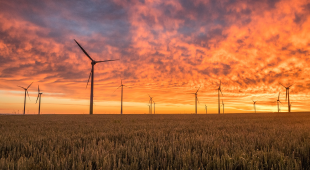
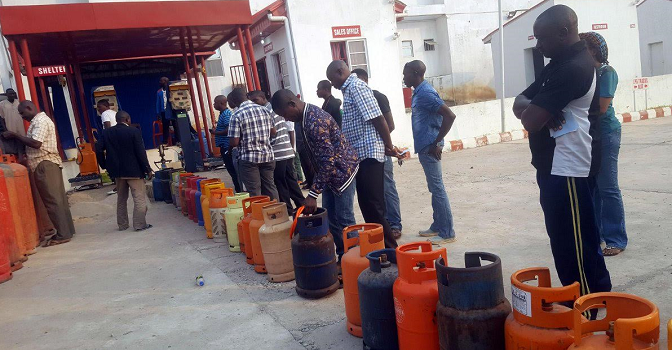
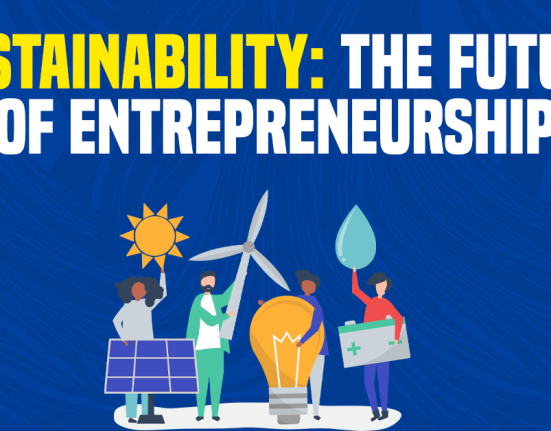

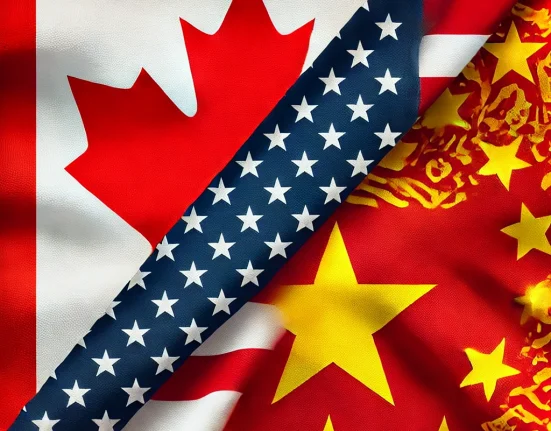

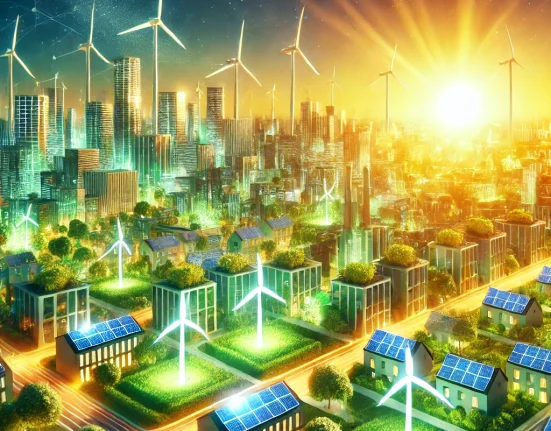

Leave feedback about this